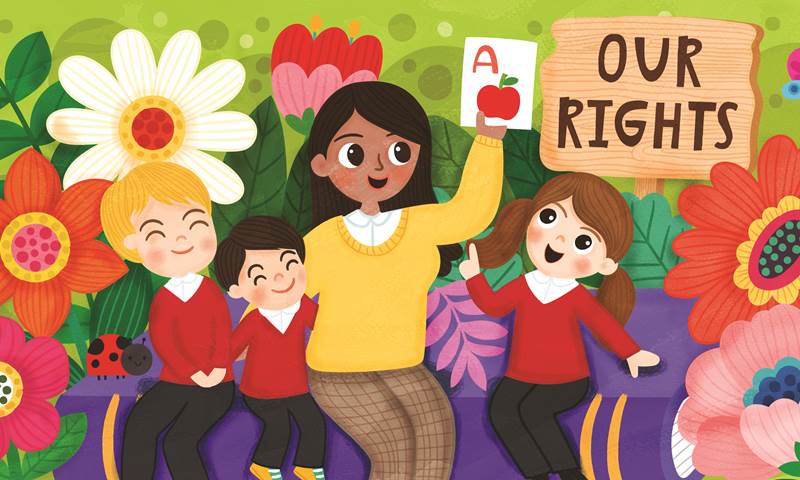Our website uses Cookies - by using this site or closing this message you're agreeing to our Terms & Conditions, Cookie Policy and Privacy Policy
xReport on reducing restrictive intervention of children and young people
Date: 11th March 2020
Category:
Restraint, Education, including vocational education, Inclusive education

The report provides an update on the organisations’ 2019 report on the use of restrictive interventions such as restraint and seclusion in schools and draws on the experience of parents, carers and children from across the UK.
The report contains a descriptive analysis of additional case study data from family carers. This work was carried out due to significant concerns regarding the use of restrictive interventions on children and young people with disabilities, and the ongoing knowledge and data collection gaps.
Overall, case studies were completed by family carers for 720 children and young people across the UK who had experienced restrictive intervention. The children had a range of needs covering developmental, education, physical and mental health needs. The most reported need was autism (61%) and speech, language and communication needs (51%). The report found that restrictive interventions most commonly started in primary school. Most families (86.5%) reported that their child had been physically injured during a restrictive intervention.
The report highlights several potential issues around the use of restrictive interventions in schools including the serious negative impact on children, repeated and inappropriate use, practices which do not adhere to guidance, parents not always informed, infrequent and inadequate recording by schools, and shortcomings in training.
As a result of the findings, the report makes a number of recommendations including:
- Strengthen the law across the UK to safeguard children from restrictive interventions and to prosecute those who use unlawful force against children
- Invest in early intervention, prevention and training in order to support both families and staff to use evidence-based approaches to address challenging behaviour.
- Gather more evidence about what is happening and strengthen safeguarding and accountability.
- Fund trauma support for children and families who require support following restrictive interventions.
Useful links:
- Read the full report here.
- The new report echoes findings of the Children and Young People’s Commissioner Scotland investigation in 2018. This investigation and the use of restraint and seclusion are discussed in Together’s 2019 State of Children’s Rights report (page 53).
